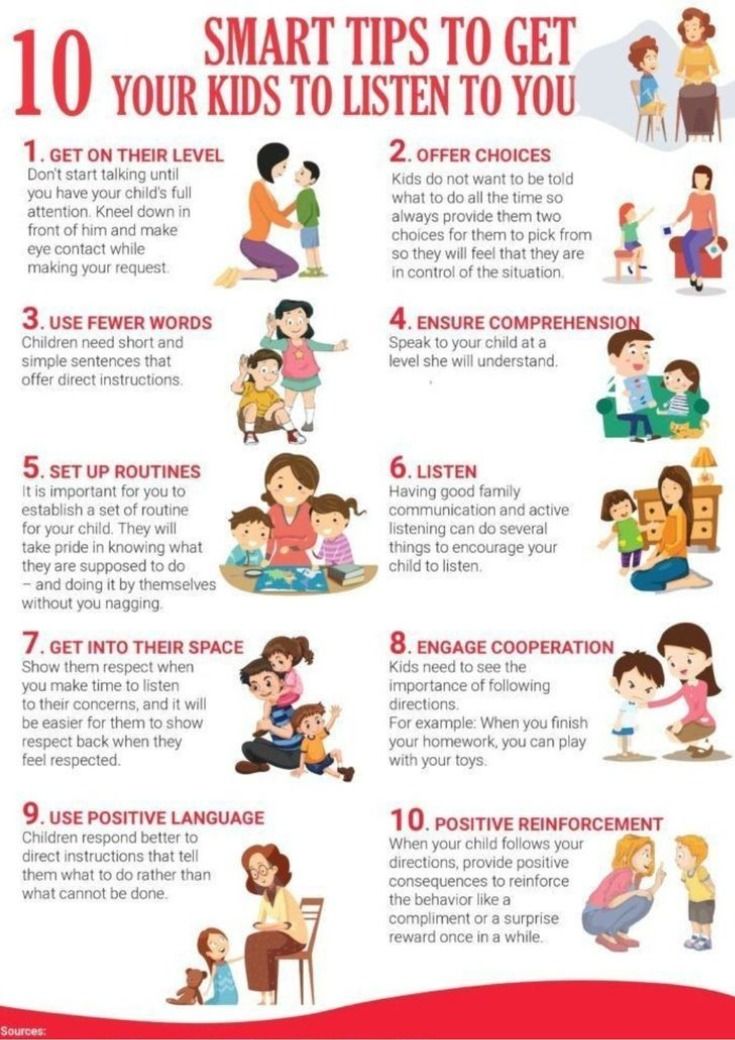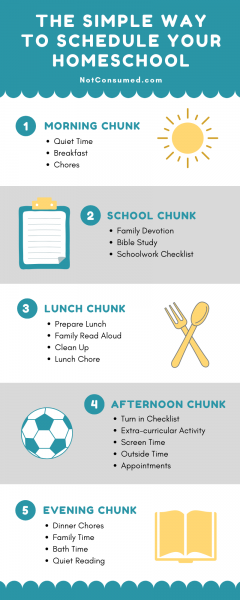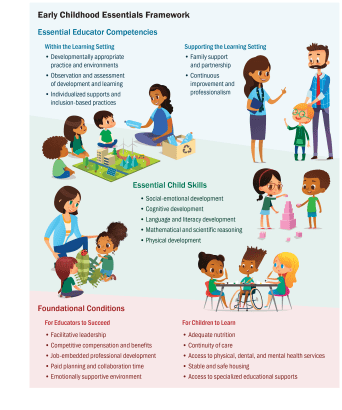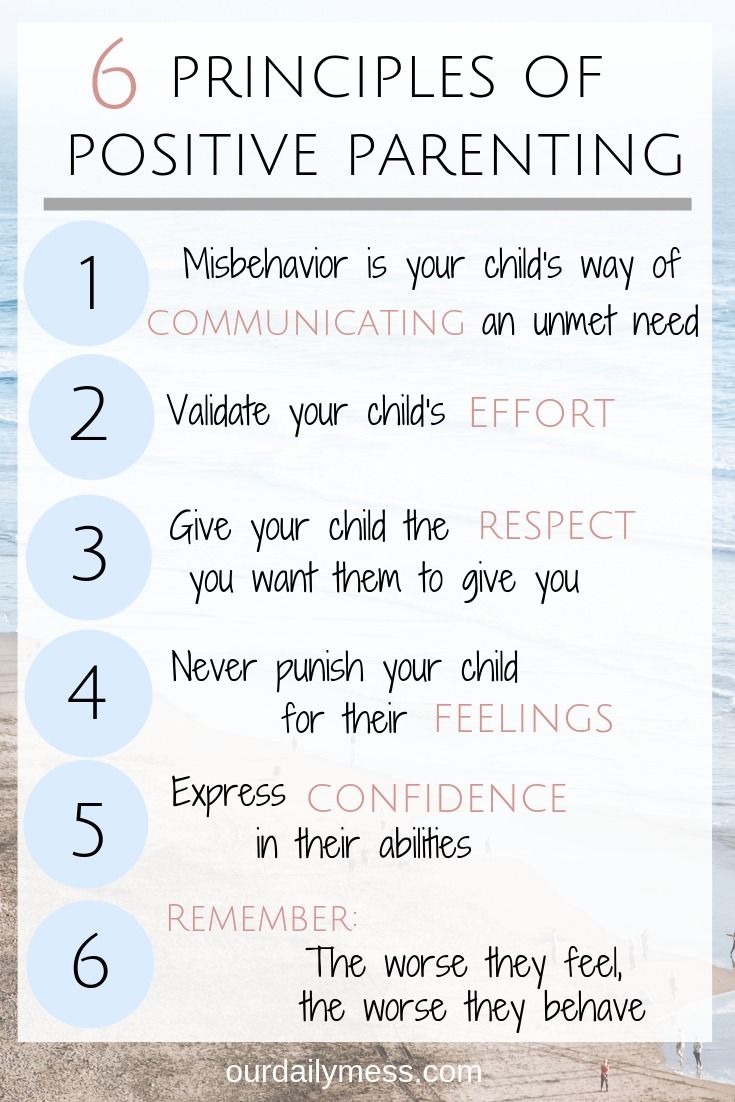Understanding Different Parenting Styles to Help Your Kids Thrive
Raising children comes with numerous challenges and joys, and navigating parenthood requires a tailored approach to help kids grow into their best selves. When discussing parenting, four distinct styles emerge, each with its unique approach and impact on child development. In this post, we’ll examine these parenting styles to empower you to nurture your children effectively, keeping in mind that there’s no one-size-fits-all method.
1. Authoritative Parenting
Authoritative parenting strikes a balance between providing guidance and allowing autonomy. Parents who adopt this style maintain high expectations of their children’s behavior but also provide warmth, support, and a willingness to listen. These parents:
– Establish clear and consistent rules and boundaries
– Explain the reasoning behind rules
– Encourage open communication and dialogue
– Show empathy and understanding
Research shows that children raised by authoritative parents are more likely to have higher self-esteem, better social skills, and improved academic outcomes.
2. Authoritarian Parenting
Authoritarian parents demand obedience and adherence to strict rules without offering much emotional warmth or open communication. Characteristics of authoritarian parenting include:
– Focus on obedience and discipline
– Limited discussion or negotiation of rules
– Punitive consequences for disobedience
– Rare expression of warmth or nurture
Children of authoritarian parents may be more likely to experience lower self-esteem, higher levels of anxiety, and limited social competence. It’s worth noting that not all children raised in such environments will face these challenges, and some may still thrive.
3. Permissive Parenting
Permissive parents are driven by a desire to be their child’s friend, often avoiding conflict and allowing significant freedom. These parents:
– Allow children to make many of their decisions
– Rarely enforce rules or consequences
– Provide warmth and affection with little structure
– Avoid setting firm boundaries
Children raised by permissive parents may struggle with self-regulation, emotional control, and academic discipline. They might also face increased risk-taking behaviors and lower self-esteem, as they may lack a clear sense of structure and guidance.
4. Uninvolved Parenting
Uninvolved parenting is characterized by a lack of engagement, guidance, and emotional connection. Parents who practice this style:
– Provide basic needs but do not invest in their children’s emotional development
– Show little interest in their children’s daily lives
– Lack involvement in academic and extracurricular activities
– Provide minimal rules, expectations, or emotional support
Children raised with uninvolved parenting often experience adverse developmental outcomes, including low self-esteem, poor academic performance, and a higher likelihood of engaging in risky behaviors.
In conclusion, understanding the different parenting styles and their impact on child development can empower you to adjust your approach, nurturing your children’s growth through a combination of guidance, warmth, and structure. Remember, every child is unique, so it’s crucial to be flexible and adaptable as you support their journey towards becoming fulfilled, confident adults.











